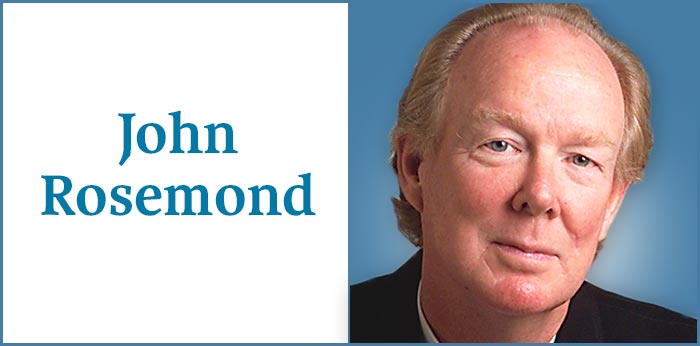In an opinion piece recently featured on FoxNews.com., Jonathan Pokluda explicates his “Ten Habits of Extraordinary Parents.” Pokluda, a teaching pastor at a mega-church in Texas, and his wife are in the midst of what he terms “the parenting experiment” with three young children.
In the introduction to his “Ten Habits,” Pokluda says that according to his observations, extraordinary young people come from extraordinary parents. I don’t know where he’s making his observations, but tales abound of extraordinary people whose children have gone off the proverbial deep end and never made it back.
Likewise, tales abound of fine, upstanding people who were raised by parents who fell far short of extraordinary. The very false notion that extraordinary people are raised by extraordinary people does nothing but set a good number of people up for paralyzing guilt.
Pokluda asserts that “if there was a parenting scoreboard, spending time with our kids is how we’d earn points.” That’s the postmodern parenting standard, for sure.
Being a millennial, raised after the psychological parenting revolution of the late 1960s/1970s, Pokluda doesn’t know that the mental health of children in the 1950s, before “parenting” was even a word and when parents did not feel a compulsion to spend lots of time and be involved – when, in other words, the raising of children was a minimalistic proposition – was ten times better than the mental health of today’s kids.
In today’s parenting lexicon, the word “involvement” is a euphemism for micromanaging, which never works for anyone concerned.
Today’s “parenting” is all about establishing and maintaining a wonderful relationship. Fifty-plus years ago, when kids as a group were much, much happier than they are today, parents understood that their first and foremost responsibility was to provide leadership and that proper leadership led, slowly but surely, to proper relationship.
Put relationship first and discipline will be difficult, stressful, and often lead to regretful outbursts from parents, which is, I suspect, is why Pokluda lists asking for forgiveness from one’s kids among his “Ten Habits.”
Wrong. By definition, extraordinary parents don’t have to ask for forgiveness. They know what they’re doing and they do it with authoritative confidence.
But Pokluda’s most glaring error is that of omitting “Extraordinary Parents Are Husband and Wife First, Mom and Dad Second.” He and his wife and obviously completely immersed in the roles of Mommy and Daddy. With every intention of helping them before that can gets kicked too far down the road, that is the Single Biggest of All Parenting Errors.
The following is an unarguable fact: Nothing puts a more solid foundation of security and well being under a child’s feet than the knowledge his parents are in an active, committed (it does not have to be, nor will it be, perfect) relationship.
A strong marriage, not lots of involvement, is the greatest gift parents can give children. Within that state of grace, children do not clamor for attention; they thrive, in fact, on being allowed the freedom that comes from not being the center of attention – an idol.
Because it is obvious that their parents love one another, they feel more than adequately loved. Because their parents are on the same page (the natural result of creating a marriage-centered family), they obey, and make no mistake, the best research has found what common sense will affirm: the more obedient the child, the happier the child.
Children leave someday, which is why it is so important to take care, in the meantime, of that which remains – or is supposed to, at least.
[Family psychologist John Rosemond is a newspaper columnist, public speaker, and author on parenting. His weekly parenting column is syndicated in approximately 225 newspapers, and he has authored 15 books on the subject. Contact him at johnrosemond.com, parentguru.com.] Copyright 2018, John K. Rosemond












Leave a Comment
You must be logged in to post a comment.